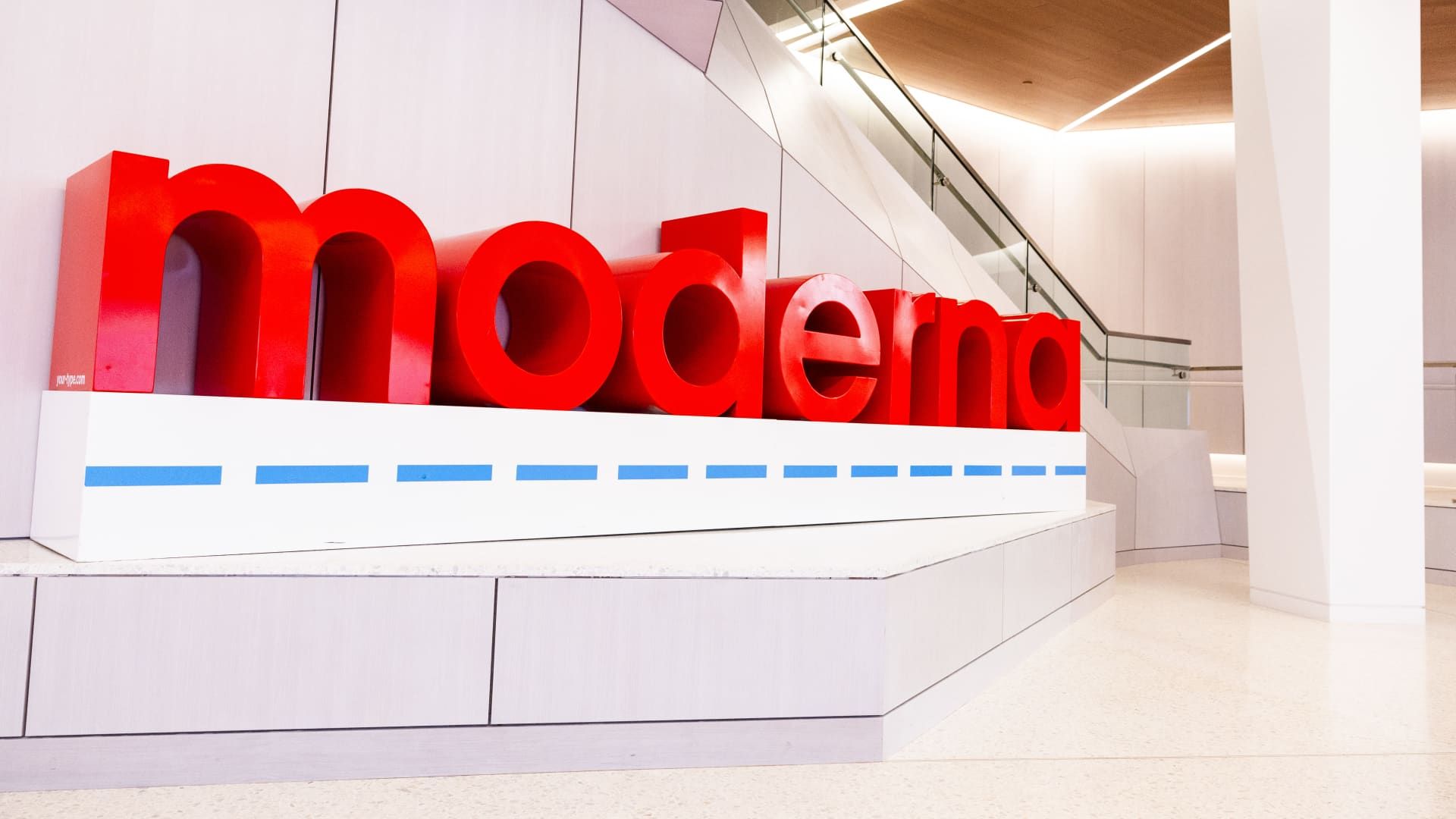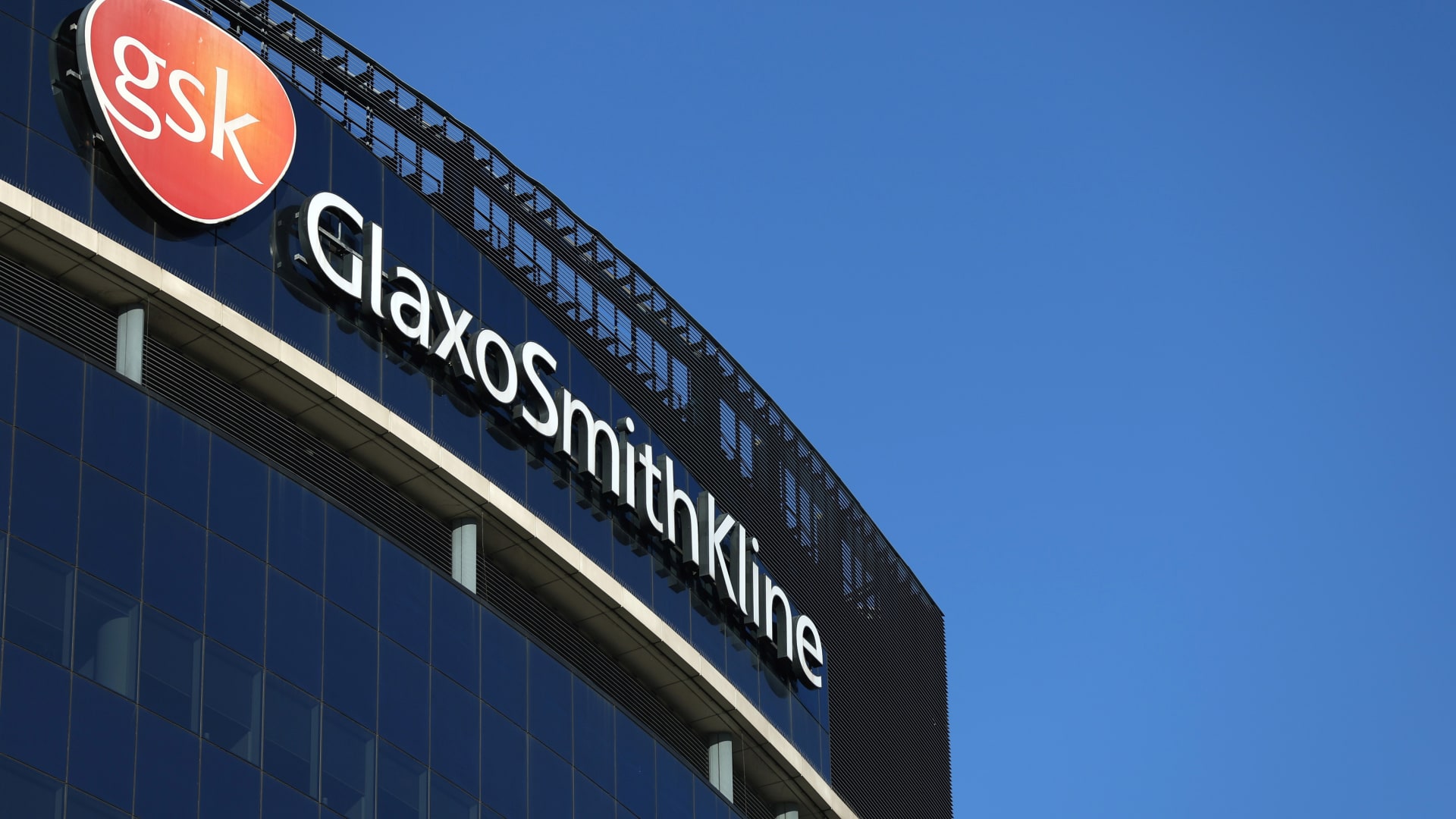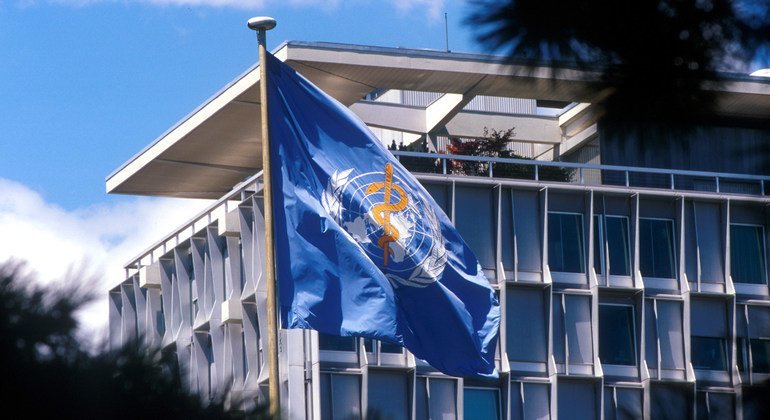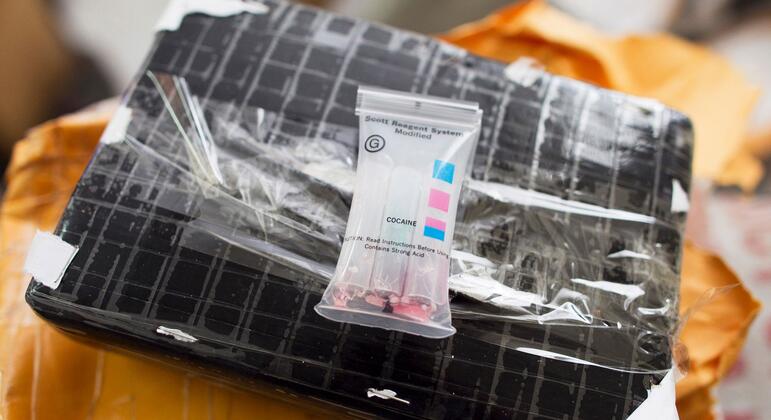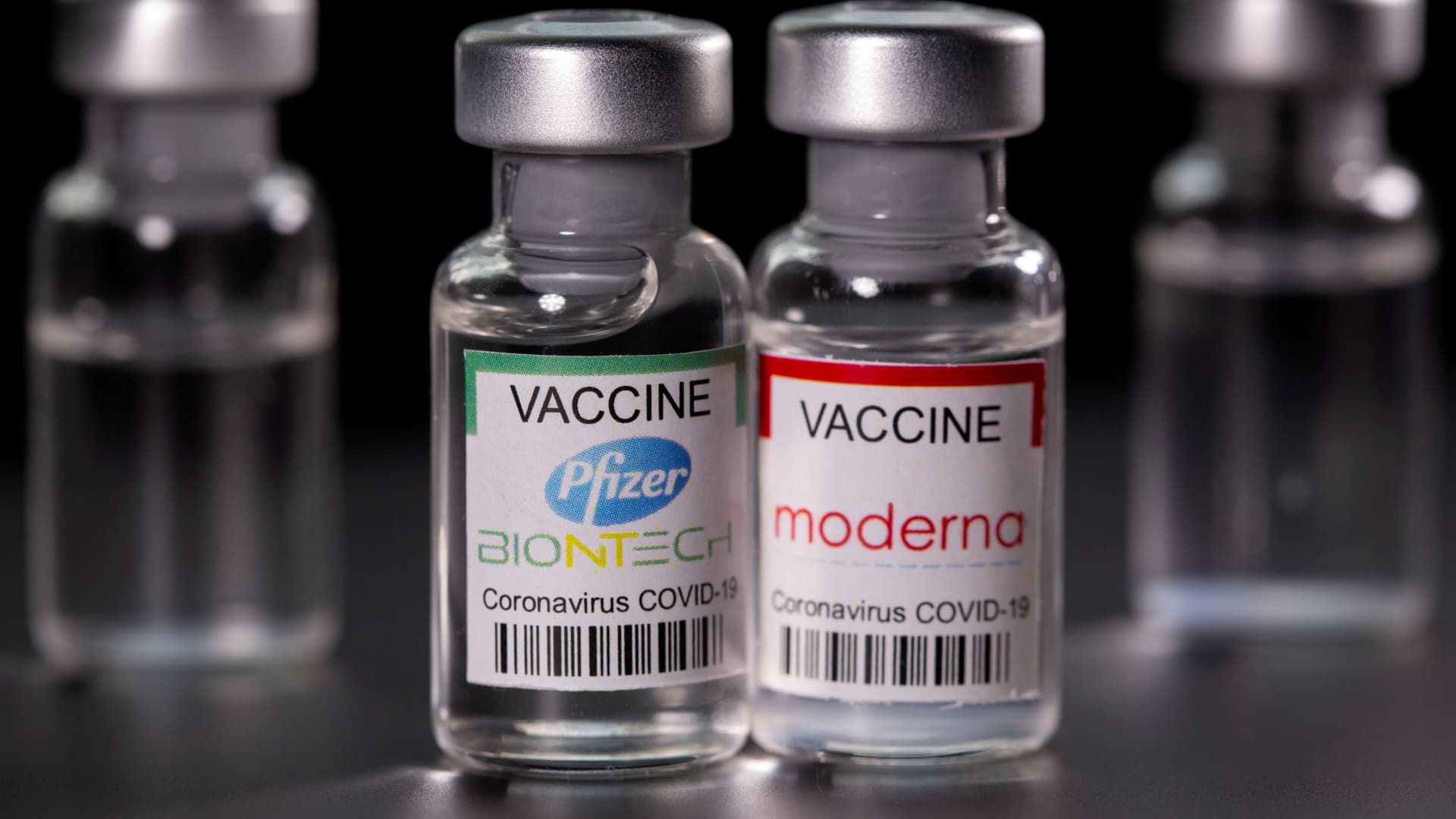Modern On Thursday, it reported second-quarter revenue that beat expectations but cut its full-year sales outlook, citing lower expected sales in Europe, a “competitive environment” for respiratory vaccines in the United States and the potential for deferred international revenue until 2025.
The biotech company now expects product revenue in 2024 to be between $3 billion and $3.5 billion, down from previous guidance of $4 billion.
The company's shares fell 10% in premarket trading on Thursday.
The company has begun shipping doses of its respiratory syncytial virus vaccine, called mRESVIA, in the United States following its approval in May for older adults. It is Moderna’s second product to become commercially available after its Covid vaccine, demand for which has plummeted as the world emerges from the pandemic and relies less on protective shots and treatments.
Moderna CEO Stéphane Bancel said there has been “increased intensity of competition” for both RSV and COVID-19 vaccines. He noted that mRESVIA is the third RSV vaccine to enter the market after the vaccines Pfizer and GSKThe latter dominated the market last year.
He added that “we have been having quite intensive discussions with governments across Europe” to secure supplies of Moderna's Covid vaccines.
But “some countries, as recently as last week, have told us that because of a very tight budget … they simply don't have the capacity to buy more vaccines than they need because they already have” another contract, Bancel said.
It refers to the huge Covid vaccine supply contract renegotiated by the European Union with Pfizer and its German partner BioNTechHe also highlighted the ongoing war in Ukraine, which is putting pressure on government budgets.
Still, Moderna expects to resume sales growth in 2025 and break even in 2026 as new products are launched, Bancel said.
Here's what Moderna reported for the second quarter compared with what Wall Street expected, according to a survey of analysts by LSEG:
- Loss per share: $3.33 vs. expected loss of $3.39
- Revenue: $241 million versus the expected $132 million
The company posted second-quarter revenue of $241 million, and sales of its Covid-19 vaccine fell 37% from the same period a year earlier. Moderna reported revenue of $344 million in the same period a year earlier.
The company said the revenue decline was partly due to an expected transition to a seasonal Covid vaccine market, where patients typically get vaccinated in the fall and winter. But Bancel said Moderna had a “good spring season” in the U.S. for older people, who are recommended to get an additional dose of the latest round of Covid vaccines.
Moderna posted a net loss of $1.28 billion, or $3.33 per share, in the second quarter, compared with a net loss of $1.38 billion, or $3.62 per share, in the same period a year earlier.
Bancel said the company lost less than Wall Street expected in part because of its progress in cutting costs.
“Moderna has had slightly more sales than expected, but has achieved significant cost savings above what Wall Street expected,” he said. “So I'm very pleased with the progress we're making on both fronts.”
Cost of sales was $115 million, down 84% from the same period a year earlier. That includes $14 million in write-downs on unused Covid vaccine doses and $55 million in charges related to the company’s efforts to reduce its manufacturing footprint, among other costs.
Second quarter research and development expenses increased 6% to $1.2 billion compared to the same period in 2023. This increase was primarily due to personnel costs, including higher headcount.
Meanwhile, selling, general and administrative expenses for the period fell 19% to $268 million compared to the second quarter of 2023. Selling, general and administrative expenses typically include the costs of promoting, selling and delivering a company's products and services.
So far, Moderna has managed to bolster investor confidence about its path forward post-COVID-19. Its shares are up nearly 20% this year on growing confidence in its pipeline and its messenger RNA platform, which is the technology used in its COVID-19 vaccine and respiratory syncytial virus vaccine.
The biotech company currently has 45 products in development, five of which are in late-stage trials, including its combined COVID-19 and flu vaccine, which could be approved in 2025.
Moderna is also developing a standalone flu vaccine, a personalized cancer vaccine with Merck and vaccines against latent viruses, among other products.

